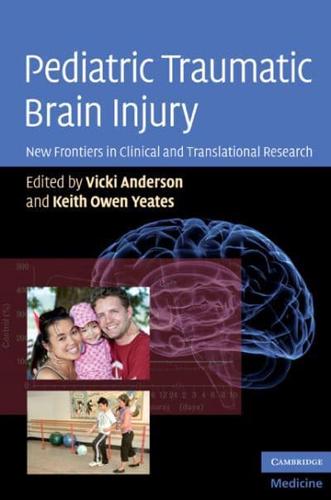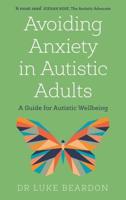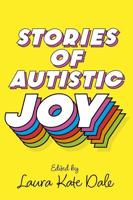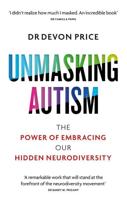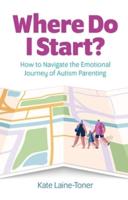Publisher's Synopsis
Traumatic brain injury (TBI) is a leading cause of death and disability in children and adolescents around the world and represents a global public health issue. Major improvements in the medical treatment of the initial injury have increased survival rates resulting in the focus shifting to consider the subsequent and longer-term cognitive, emotional and behavioral consequences for the recovering child or adolescent. These disabilities, if left untreated, continue into adulthood with consequent economic and societal costs. This book reviews the research into the consequences of TBI emphasizing the translation of new understanding into effective treatments and interventions, and identifying promising areas for further study. This will be essential reading for neuropsychologists, neurologists, psychiatrists, clinical psychologists and pediatricians.
